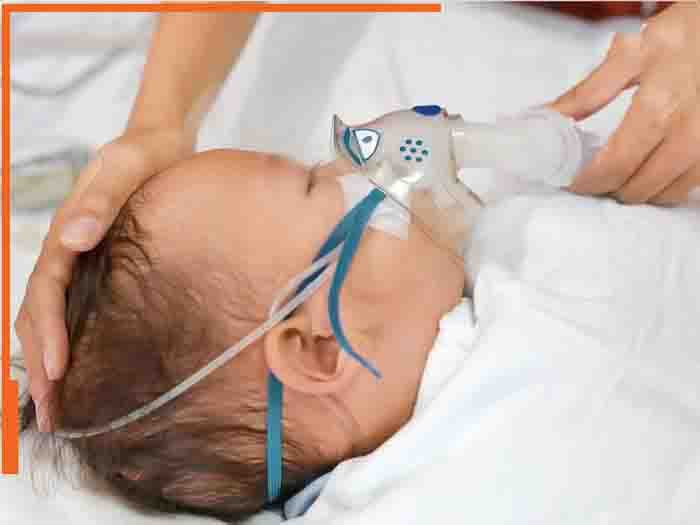
Hypophosphatemia Symptoms: Hypophosphatemia is a condition in which the level of phosphate in the blood decreases. Phosphate is an essential mineral for the body, which is necessary for the health of bones, teeth, muscles, and brain. It also plays an important role in energy production and cell function.
Symptoms of Hypophosphatemia
- Tiredness
- Weakness
- muscle pain and cramps
- Bone pain
- Loss of appetite
- irritability
- Difficulty in breathing
- Irregularities in heart rate
- Tours
- decreased level of consciousness
Causes of hypophosphatemia
- Not consuming enough phosphate-rich foods can increase the risk of hypophosphatemia.
- The kidneys help remove phosphate from the body. If the kidneys don't work properly, they may remove too much phosphate, causing its levels in the blood to drop.
- Diabetic ketoacidosis is a serious condition that can occur in people with diabetes when the body does not produce enough insulin.
- In case of severe burns, the body can lose large amounts of phosphate.
- Some medications, such as diuretics and antacids, can lower phosphate levels in the blood.
- When there is too much thyroid hormone in the body, it can reduce the level of phosphate in the blood.
These people are at greater risk.
- People with diabetes have a higher risk of developing diabetic ketoacidosis, which can cause hypophosphatemia.
- People with kidney disease may excrete too much phosphate, lowering its levels in the blood.
- Not consuming enough healthy foods or having digestive problems can lead to not getting enough phosphate, which can cause hypophosphatemia.
- Excessive alcohol consumption can damage the kidneys and cause hypophosphatemia.
Preventive measures
- Eat healthy things.
- Exercising daily is beneficial for health.
- Do physical activities like yoga, meditation, or deep breathing.
- Avoid smoking, drinking cigarettes, or consuming alcohol.
- In case of any body-related problem, contacting a doctor immediately can prove to be the best option.
--Advertisement--

 Share
Share






